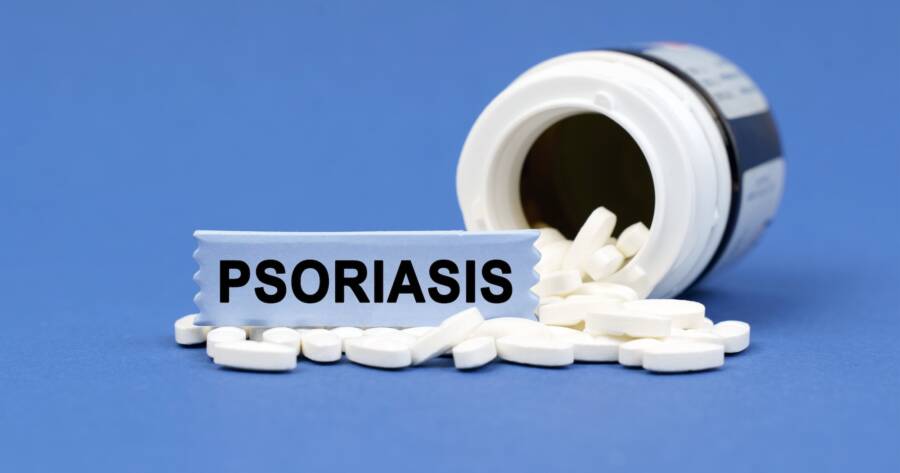Plaque psoriasis is a common chronic skin condition that affects millions of people worldwide. Understanding the condition, recognizing its symptoms, and exploring effective treatments are crucial for managing plaque psoriasis.
What Is Plaque Psoriasis?
Plaque psoriasis is a type of psoriasis that causes red, scaly patches to develop on the skin. It is the most common form of psoriasis, affecting the large majority of individuals with the condition. Plaque psoriasis typically appears as raised, inflamed areas of skin covered with silvery-white scales. These plaques can vary in size and may appear anywhere on the body, but they most commonly affect the elbows, knees, scalp, and lower back.
Recognizing Common Symptoms
In addition to the characteristic red, scaly patches, plaque psoriasis can present with several other symptoms.1 These may include:
- Dry, cracked skin
- Itching and burning sensations
- Bleeding from plaques
- Swollen and stiff joints (psoriatic arthritis)
- Nail changes, such as pitting, discoloration, or thickening
It is important to note that the severity of symptoms can vary from person to person, and some individuals may experience only mild symptoms while others may have more severe involvement.
Exploring Effective Treatments
While there is no cure for plaque psoriasis, a range of treatments are available to manage the condition and alleviate symptoms.2 These include:
- Topical treatments: Creams, ointments, or gels applied directly to the skin to reduce inflammation and scaling.
- Light therapy (phototherapy): Controlled exposure to ultraviolet light to slow down the growth of skin cells.
- Oral medications: Tablets or capsules taken by mouth to reduce inflammation and suppress the immune system.
- Biologic therapies: Injections or infusions of drugs that target specific parts of the immune system involved in psoriasis.
The choice of treatment depends on the severity of the condition, individual preferences, and response to therapy. Consulting a healthcare professional is essential to determine the most appropriate treatment plan.
Learn More Today!
Plaque psoriasis can significantly impact an individual’s quality of life, but with proper management and treatment, it is possible to achieve clearer skin and reduce symptoms. Take the first step towards understanding and managing your condition by searching online for more information. Numerous reputable sources provide comprehensive articles, guides, and support forums where you can learn from experts and connect with others facing similar challenges.

